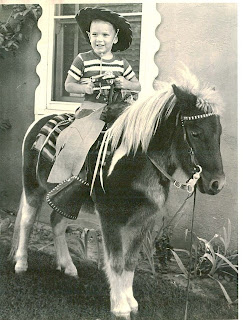David Gritten has written a perceptive and informative article in the U.K. Telegram about the future of Westerns. It is titled, "Is it high noon for western films."
Gritten doesn't think so. Neither do I. In fact, I believe Westerns are at the beginning of a rebirth. Here is an example of why I think this way. Google Elmore Leonard and the listings invariably reference only his crime novels. Western enthusiasts know he was one of the great Western authors, but apparently few in the media are aware of this fact. The Pacific Standard recently published a somewhat snarky article about how Elmore Leonard began his writing career pumping out cowboy stories, but transitioned to his award winning crime novels after demand dwindled for Western fiction. This line is repeated endlessly in articles eulogizing Leonard upon his recent death. His move from Westerns to crime was almost four decades ago. No one in the media seems to have noticed that more recently, bestselling crime novelist Robert B. Parker ended his memorable career by writing a highly successful Western series about hired guns Virgil Cole and Everett Hitch.
I could list more indicators of a resurgence in Westerns, but the bigger question is why supposed arbiters of popular culture are so intent on tamping down the Western every time a cowboy hat rises above the ridgeline? Why do they sound gleeful that The Lone Ranger flopped? (Actually, The Lone Ranger grossed $88 million in theaters, which would be respectable for a reasonably budgeted film.)
A simple answer is that most of the media critics live along the eastern seaboard and don’t relate to Westerns or even the vast wilderness that lies beyond the Hudson River. But there must be more. Hollywood and publishing gatekeepers support the same stories and themes in fantasy and science fiction. It’s okay to wield a magic wand or a precious ring, but not a six-shooter? Outer space aliens can be killed with abandon, but not bad guys in black hats. I’m not sure what the answer is, but there seems to be a prevailing fear that the Western may once again become popular with the general public. If anyone has an answer as to why Westerns offend the elite, I would sure like to hear it.

.jpg)

















.jpg)





